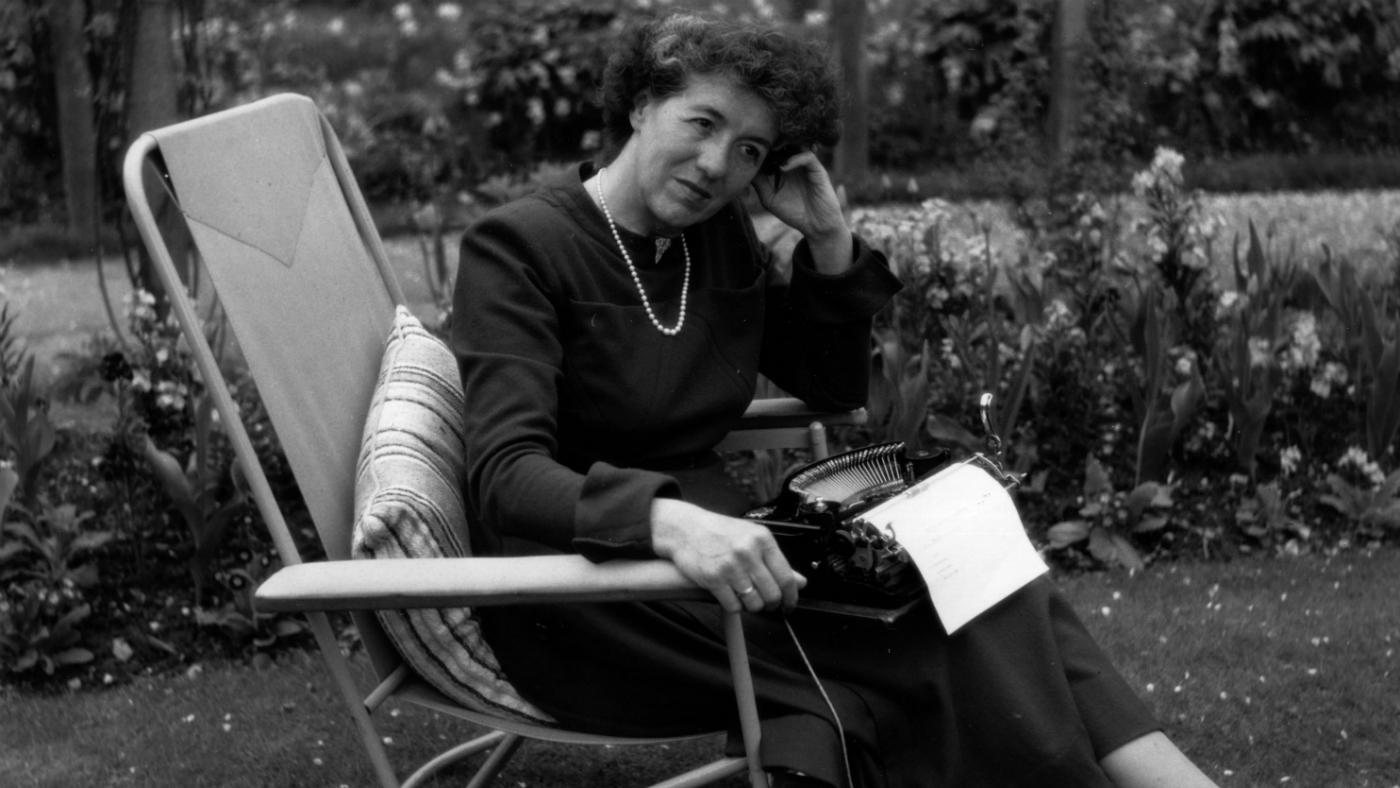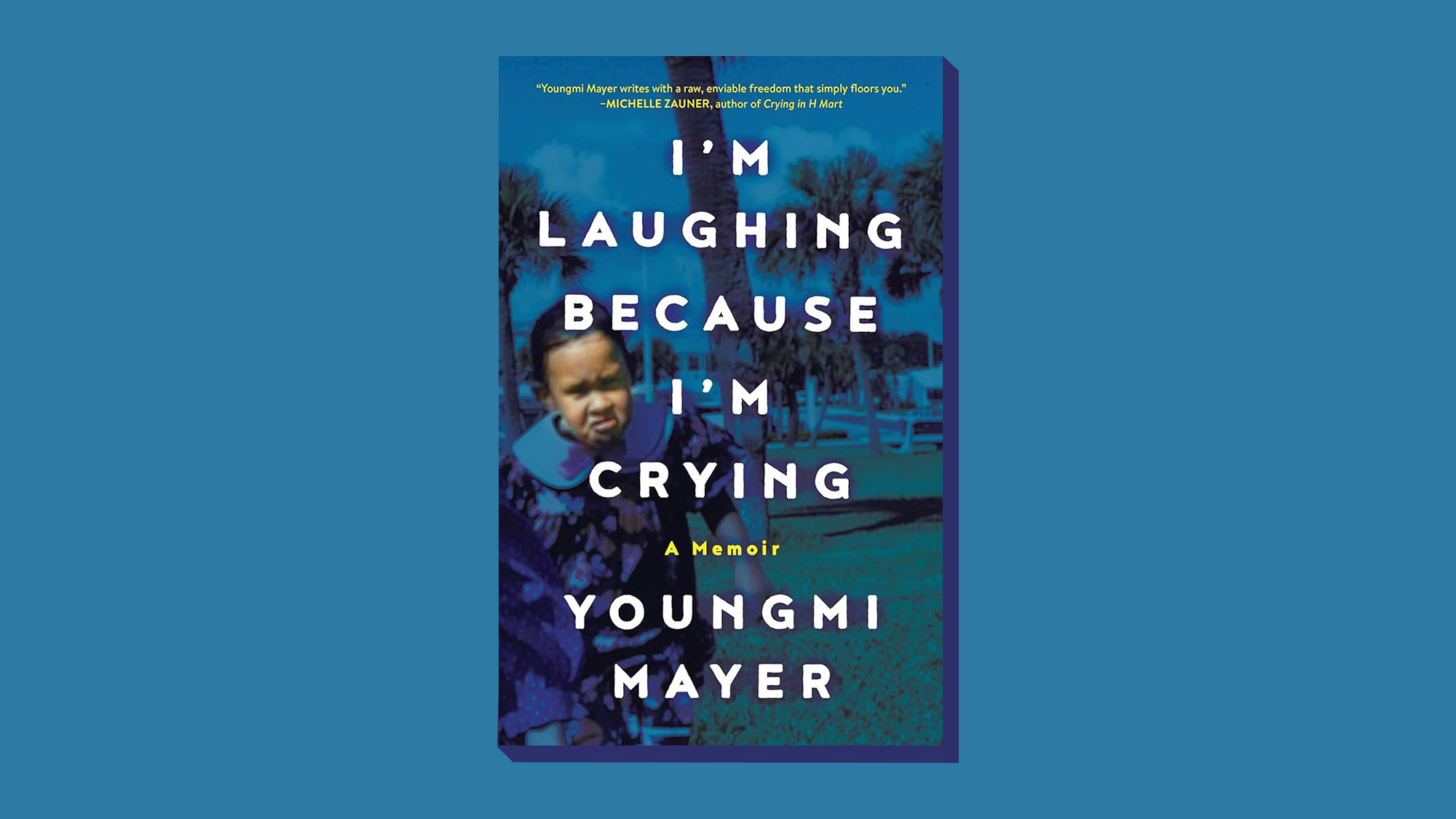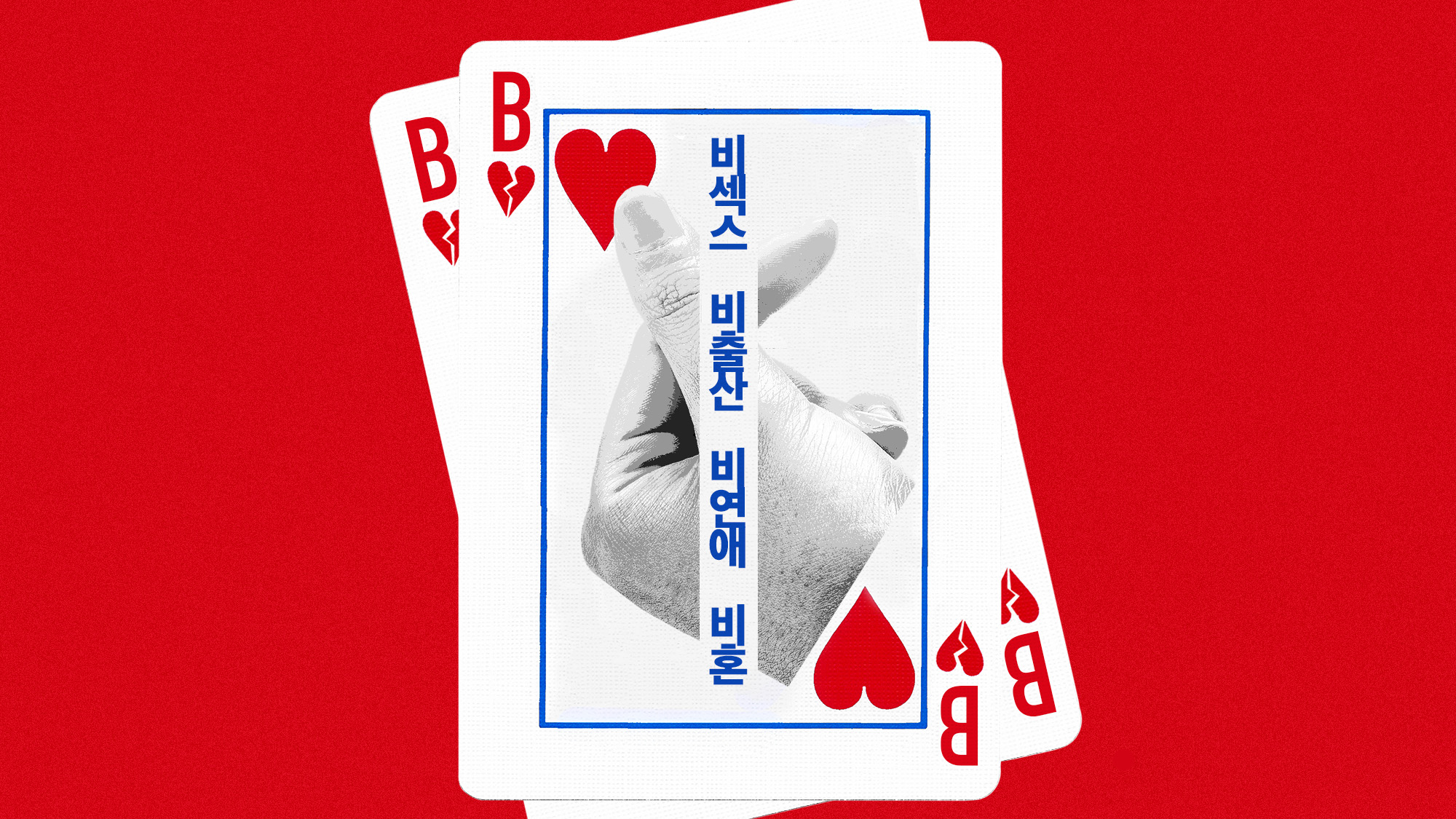Why the Royal Mint refused Enid Blyton commemorative coin
Famous Five author branded racist, sexist and homophobic by advisory committee

A free daily email with the biggest news stories of the day – and the best features from TheWeek.com
You are now subscribed
Your newsletter sign-up was successful
The Royal Mint turned down a proposal to honour Famous Five author Enid Blyton with a special edition coin due to concerns that her dated views on race and gender would spark a public backlash, according to newly-released documents.
The Mint’s advisory committee blocked plans to mark the 50th anniversary of Blyton’s death last year with a commemorative 50p coin, according to minutes of their meeting obtained by the Mail on Sunday under Freedom of Information laws.
The committee said she was “known to have been a racist, sexist, homophobe and not a very well-regarded writer”.
The Week
Escape your echo chamber. Get the facts behind the news, plus analysis from multiple perspectives.

Sign up for The Week's Free Newsletters
From our morning news briefing to a weekly Good News Newsletter, get the best of The Week delivered directly to your inbox.
From our morning news briefing to a weekly Good News Newsletter, get the best of The Week delivered directly to your inbox.
And they registered ��deep concern that this theme will bring adverse reaction… concern over the backlash that may result from this” at the December 2016 meeting.
Blyton’s books have sold 600 million copies, including more than 2 million in the last five years.
As well as her best-known creation, the Famous Five series, Blyton also won legions of loyal juvenile readers with the Secret Seven and Noddy books. Her Malory Towers novels, set in a boarding school for girls, sold 350,000 copies last year and are set to be turned into a 13-part drama for CBBC, the BBC reports.
A spokesperson for the Royal Mint said: “The point of the advisory committee is to ensure that themes commemorated on UK coins are varied, inclusive and represent the most significant events in our history. For these reasons not every event will progress to a UK coin.”
A free daily email with the biggest news stories of the day – and the best features from TheWeek.com
However, novelist Jilly Cooper dismissed the Royal Mint's criticism as “rubbish”.
“Enid Blyton was a brilliant storyteller and her books have got millions of children hooked on reading,” she told the Mail on Sunday. “She definitely deserves a commemorative coin. I adore her and so do my grandchildren.”
Was Enid Blyton sexist?
Blyton’s stories have been accused of being reductive in their representation of gender.
Ceri Radford, writing in The Independent last year, said: “The gender politics – where fathers fulminate in studies, mothers serve up tea, and tomboy George must learn she will never be as good as a real boy – are problematic to say the least.”
The youngest of the Famous Five, Anne, is regularly patronised by the boys as “a proper little housewife”, writes Andrew Martin in the The Guardian, but whether her “stories indicate a writer of greater than average prejudice for a woman of her place and time, I doubt”.
In fact, tomboy George should be considered a “feminist” trailblazer, argues Melanie McDonagh in the Daily Telegraph: “Here was a character who could declare: ‘I hate being a girl. I won’t be. I don’t like doing things that girls do. I like doing the things that boys do’.”
Literary biographer Laura Thompson told the Mail: “I don't think she can be described as sexist. George in the Famous Five and the girls at Malory Towers were very sparky and some of the boys seemed feeble by comparison. I also don't get homophobic.”
However, she added: “Racist I can understand because of the Golliwog in Noddy.”
Was she a racist?
Accusations of racism have dogged Blyton since 1966, when a Guardian article criticised her book, The Little Black Doll. The story features Sambo the doll, who is hated by his owner and the other toys for his “ugly black face”. He is only accepted when rain washes his face “clean” and he can return home with his now pink face.
The Noddy books are criticised for the famous “wicked golliwogs” of Toytown, removed from the books in later editions and quietly dropped from the 1980s BBC adaptation.
And even in 1960, Blyton’s publisher Macmillan rejected her book The Mystery That Never Was after an internal review found that: “There is a faint but unattractive touch of old-fashioned xenophobia in the author's attitude to the thieves; they are ‘foreign’... and this seems to be regarded as sufficient to explain their criminality.”
Her use of the n-word is seen as further proof that her books are not fit for a modern audience. In Five Go Off to Camp, she describes George as “black as a n***** with soot” - changed in later reprints to “black as night”.
-
 The Gallivant: style and charm steps from Camber Sands
The Gallivant: style and charm steps from Camber SandsThe Week Recommends Nestled behind the dunes, this luxury hotel is a great place to hunker down and get cosy
-
 The President’s Cake: ‘sweet tragedy’ about a little girl on a baking mission in Iraq
The President’s Cake: ‘sweet tragedy’ about a little girl on a baking mission in IraqThe Week Recommends Charming debut from Hasan Hadi is filled with ‘vivid characters’
-
 Kia EV4: a ‘terrifically comfy’ electric car
Kia EV4: a ‘terrifically comfy’ electric carThe Week Recommends The family-friendly vehicle has ‘plush seats’ and generous space
-
 25 things Andrew Tate has said about women
25 things Andrew Tate has said about womenIN DEPTH The accused rapist and sex trafficking influencer has a long and well-documented history of commercializing his misogyny for an audience of susceptible young men
-
 Why do so few female chefs have Michelin stars?
Why do so few female chefs have Michelin stars?In The Spotlight Sexism, harassment and work-life balance blamed as only one female chef is honoured in this year's UK awards
-
 Bonnie Blue, Andrew Tate and a new cult of sex extremism
Bonnie Blue, Andrew Tate and a new cult of sex extremismTalking Point OnlyFans adult worker and male misogynist have 'plenty in common' claims commentator
-
 Renegade comedian Youngmi Mayer's frank new memoir is a blitzkrieg to the genre
Renegade comedian Youngmi Mayer's frank new memoir is a blitzkrieg to the genreThe Week Recommends 'I'm Laughing Because I'm Crying' details a biracial life on the margins, with humor as salving grace
-
 4B movement: what is it and how has it evolved?
4B movement: what is it and how has it evolved?The Explainer Why some women are choosing the nuclear option for dealing with misogyny
-
 Aya Nakamura at the Paris Olympics
Aya Nakamura at the Paris OlympicsIn the Spotlight Racist backlash follows reports singer may perform an Edith Piaf song at opening ceremony
-
 Taylor Swift to Miley Cyrus: female artists dominate 2024 Grammys
Taylor Swift to Miley Cyrus: female artists dominate 2024 GrammysSpeed Read SZA, Phoebe Bridgers and Lainey Wilson were also among the winners at LA gala
-
 5 intriguing books to read in January
5 intriguing books to read in JanuaryThe Week Recommends Kick-start your to-be-read pile with these highly anticipated January 2024 book releases